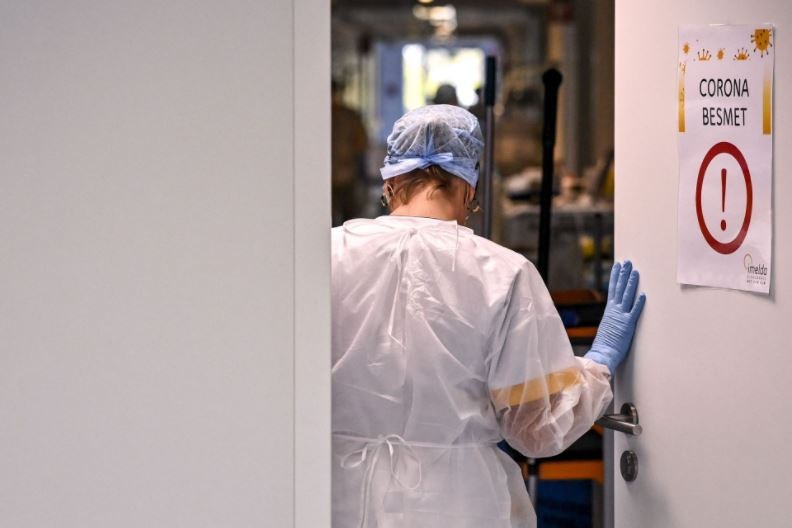As infection rates are not showing any signs of slowing down yet, reducing close contacts in our private lives must be a priority, says virologist Steven Van Gucht.
With over 650 Covid-19 patients in intensive care on Wednesday, Belgium is recording its highest figures since 12 May; the number of new cases also continues to rise sharply, Van Gucht told Het Laatste Nieuws.
"I look for it every day, but I see no sign of slowing down yet. On the contrary, the number of infections has even accelerated a bit," he said. "The hospital figures continue to rise at a similar rate."
Whether or not the current measures are enough to halt the spread is not yet sure, but Van Gucht stressed that the latest restrictions – such as mandatory teleworking – only came into force this week.
"You cannot expect any effect from that yet. We hope that people will spontaneously reduce their contacts," he said. "I do think that everyone is more aware of the risks."
Related News
- East Flanders bans parties and celebrations for four weeks
- More than 3,300 Covid-19 patients in hospitals, 656 in ICU
- These coronavirus measures come into force this weekend
While it is an option to "temporarily put some risk activities on hold," Van Gucht does not like to "use the word 'lockdown' so quickly," but stated his opposition to a patchwork of measures.
Yet a cocktail of different measures is exactly what Belgium now has, as different mayors and provincial governors implement their own regulations on top of the latest federal ones. Ghent cancelled nearly all of its end-of-year festivities, Leuven banned certain student activities, Knokke-Heist forbade all indoor activities, and the entire province of East Flanders is banning non-professionally organised parties and celebrations.
But for Van Gucht, "this is not only the problem of nightlife and schools. The virus is everywhere and we have to try to slow it down everywhere."
"We now have an extra line of defence with the vaccine, but at the same time we have never had so much virus as now, certainly in Flanders," he said. "We really need to put the brakes on this, so we do not need to take drastic measures."

